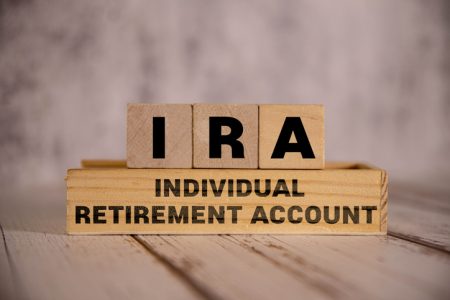Retirement
A health savings account (HSA) can support your retirement plan through tax-deductible contributions, tax-free growth and tax-free withdrawals for qualified…
An inherited non-qualified stretch annuity pays out over many years instead of all at once. Only the earnings in each…
You can make a Roth IRA conversion at any time, as long as you have money in a qualifying pre-tax…
A stretch annuity lets a beneficiary receive inherited annuity payments over an extended period rather than all at once. Spreading…
A non-qualified stretch annuity extends the payout of an inherited annuity over time, rather than receiving the full amount in…
A Roth IRA is a tax-advantaged retirement account many people use to build long-term savings, but its rules and benefits…
Spousal benefits are Social Security payments based on a spouse’s lifetime earnings record, and a spouse may receive up to…
Reaching age 65 doesn’t automatically change how the IRS taxes your 401(k) withdrawals. Instead, it taxes distributions from a traditional…
A 401(k) loan does not appear on your credit report because it isn’t considered a loan from a third-party lender.…
Leaving the workforce changes many aspects of your 401(k), and once you retire you will have to make a number…












